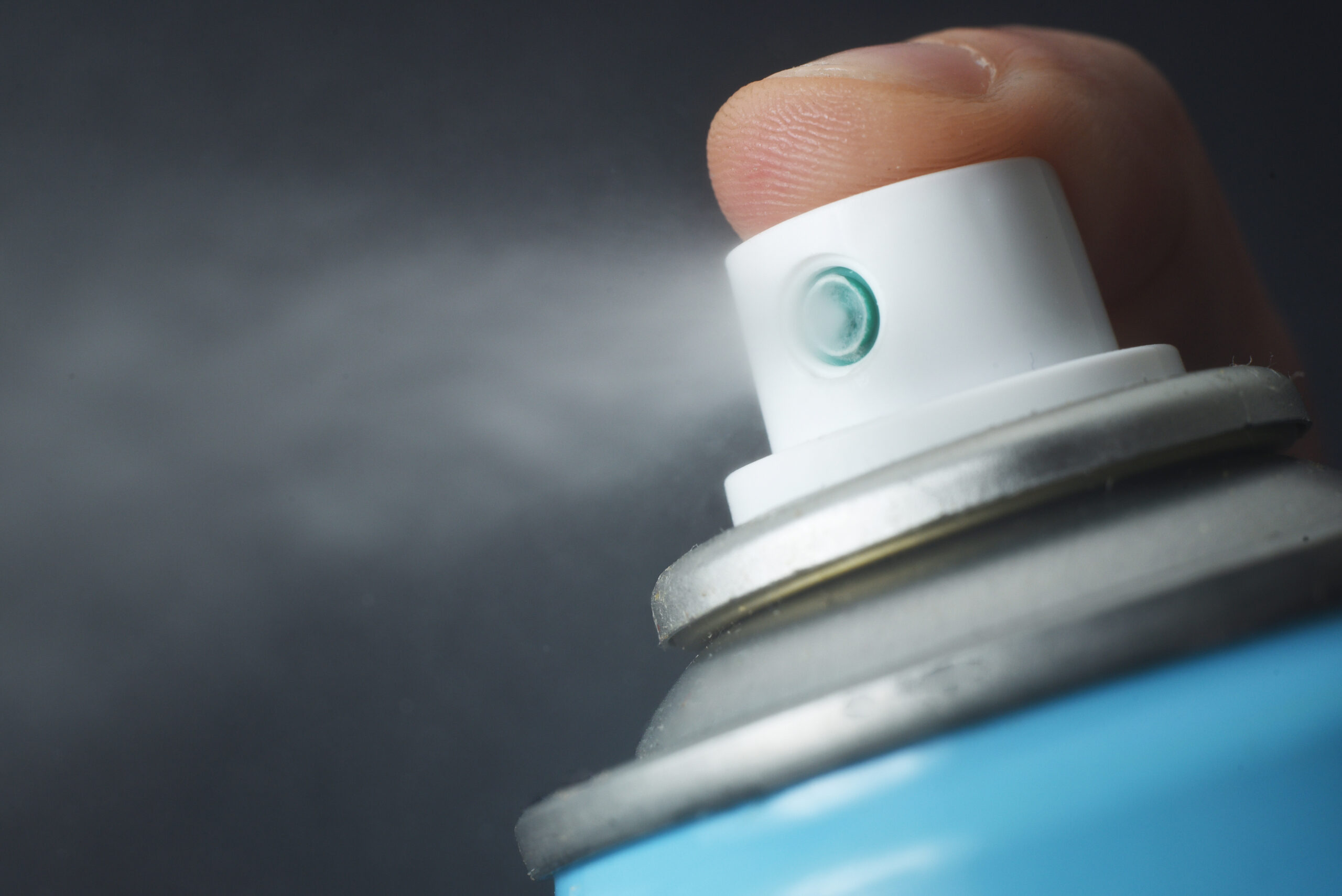
Inhalants: What Parents Need to Know
By Barbara Bessette, Certified Prevention Specialist
Inhalants, also known as volatile substances, are chemicals that produce mind-altering effects when inhaled. These substances typically include household products or industrial solvents, such as glues, paint thinners, aerosol sprays, gasoline, and cleaning fluids. Common terms for inhalants include whippets, poppers, huffing, sniffing, or bagging.
When inhalants are inhaled, the chemicals are rapidly absorbed into the bloodstream through the lungs and quickly reach the brain, resulting in an immediate, short-lived high. Inhalants act as depressants, slowing down brain activity and producing a range of effects depending on the substance and dose. These effects can include euphoria, dizziness, hallucinations, impaired coordination, slurred speech, and loss of consciousness.
Inhalant abuse is a form of substance abuse that predominantly affects adolescents and young adults. Inhalants are relatively inexpensive and easy to access. According to Monitoring the Future, a nationwide survey done of 8th, 10th and 12th graders, 8th graders have reported the highest use of the three grades dating back to 1990. In fact, the percentage of use has consistently been double that of students in the 10th or 12th grades.
Inhalant abuse carries serious risks and can lead to numerous physical and psychological problems. Short-term effects of inhalant abuse may include nausea, vomiting, headaches, disorientation, and impaired judgment. In some cases, the toxic chemicals in inhalants can cause serious health consequences, such as damage to the brain, liver, kidneys, or bone marrow. Inhalant use can also result in sudden death due to cardiac arrest, asphyxiation, or accidents caused by impaired judgment and coordination.
Long-term inhalant abuse can lead to substance use disorder. Chronic inhalant use can also cause cognitive impairment, memory loss, and personality changes. Additionally, inhalants can have harmful effects on various bodily systems, including the respiratory system, as repeated inhalation can damage the lungs, leading to chronic respiratory issues.
Inhalant abuse is a dangerous practice and can have severe consequences on physical and mental health. It is important to recognize the signs of inhalant abuse, such as a strong chemical smell on breath or clothing, chemical-soaked rags or clothing, slurred speech, confusion, or changes in behavior.
